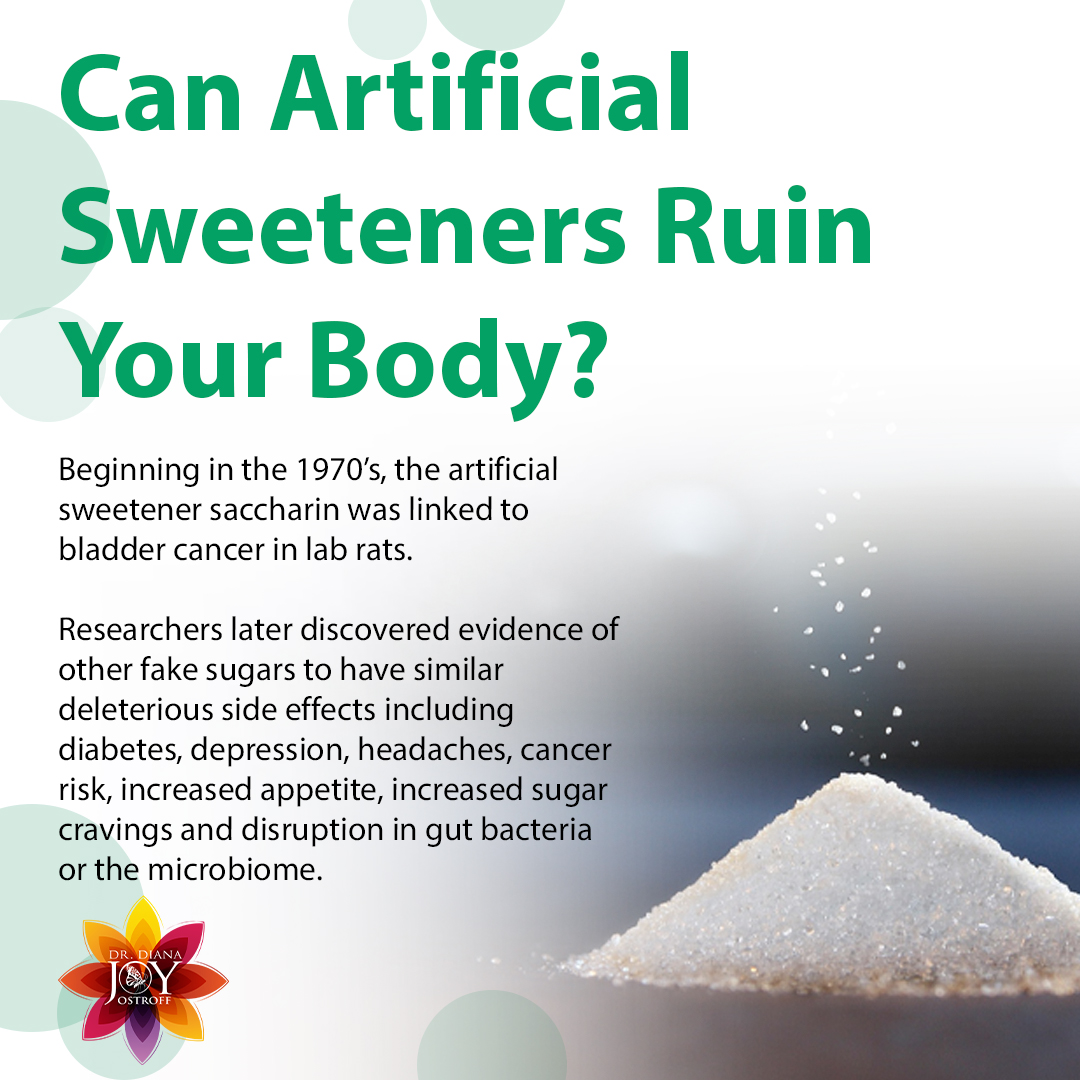Artificial sweeteners: ‘Sweet taste in itself’ may affect metabolism
“Sweetness should be consumed in moderation, regardless of the calories,”
caution researchers, as a new study reveals the impact of consuming artificial sweeteners on metabolism and glucose control.
New research suggests that artificial sweeteners also have metabolic effects.
Lately, we have been hearing a lot in the media about the dangers of sugar consumption. Added sugar raises the risk of obesity, cardiovascular disease, and type 2 diabetes, not to mention having an addictive effect on the brain.
Therefore, in an attempt to avoid sugar, many people have turned to low calorie sweeteners instead. Artificial sweeteners provide the sweet taste with none of the side effects, so it appears to be a welcome and healthful “trick.”
So, many people have bought into the idea that, according to some estimates, about a quarter of children in the United States, and more than 40% of adults, are currently consuming low calorie sweeteners.
But, are artificial sweeteners as harmless as people seem to think? Research from a few years ago suggested that artificial sweeteners can still promote diabetes and obesity. And now, a new study adds to the evidence that sweeteners may have undeniable metabolic effects.
In fact, the latest study suggests that merely tasting something sweet could alter our metabolism and glucose control.
People should consume sweetness in moderation
By contrast, when people with obesity swallowed the sweetener, their insulin levels spiked a lot more compared with when they drank distilled water or when they only tasted the sweetener.
“While insulin responses to either tasting or swallowing the sucralose were similar in those of normal weight, those responses were very different in people with obesity. “Therefore, we hypothesize that some post-ingestive effects of sucralose may occur only in people with obesity.”
The researcher cautions, however, that different sweeteners have different chemical structures, so the findings of this study, regarding the “post-ingestive effects,” may apply exclusively to sucralose. Nevertheless, the effect of sweet taste alone may be more generalizable.
Intriguingly, and contrary to what the researchers expected, the study also found that merely tasting the sweetener had a metabolic effect, as well.
“Interestingly, we found that in both groups of people — those with obesity and those of normal weight — there was a reduction in insulin response to the glucose tolerance test when they just tasted sweetness before drinking the glucose solution.
The researchers acknowledge the limits of their results, saying, “What our data suggest is that there are mechanisms that we don’t understand clearly about how the human body regulates glucose, and the potential metabolic effects of tasting something sweet beyond providing a sense of pleasure.”
However, they stress the importance of eating sweet foods in moderation.
“Even though the sample population in our study was small, the findings add to a body of evidence that suggests sweetness should be consumed in moderation, regardless of the calories.
Will I get cancer from using artificial sweeteners like sucralose?
The first topic we delved into was that of the link between artificial sweeteners and cancer. This particular piece of research found that a chemical in a commonly used artificial sweetener may cause DNA damage.
The chemical in question was sucralose-6-acetate, a metabolite of the sweetener sucralose. The study findings showed that sucralose harms gut health and may lead to oxidative stress, inflammation, and DNA damage, and hence increase the risk of cancer.
Dr. Hilary Guite, our presenter, pointed out the most common food items that contain this sweetener: “It’s in chewing gum, salad dressings, barbecue sauces, sugar-free jams…”
One important nuance here was that this study was done on human blood cells. To see the same DNA-damaging effect in humans, an average human weighing 70 kilograms would have to consume 18 liters of sucralose-sweetened beverages daily.

